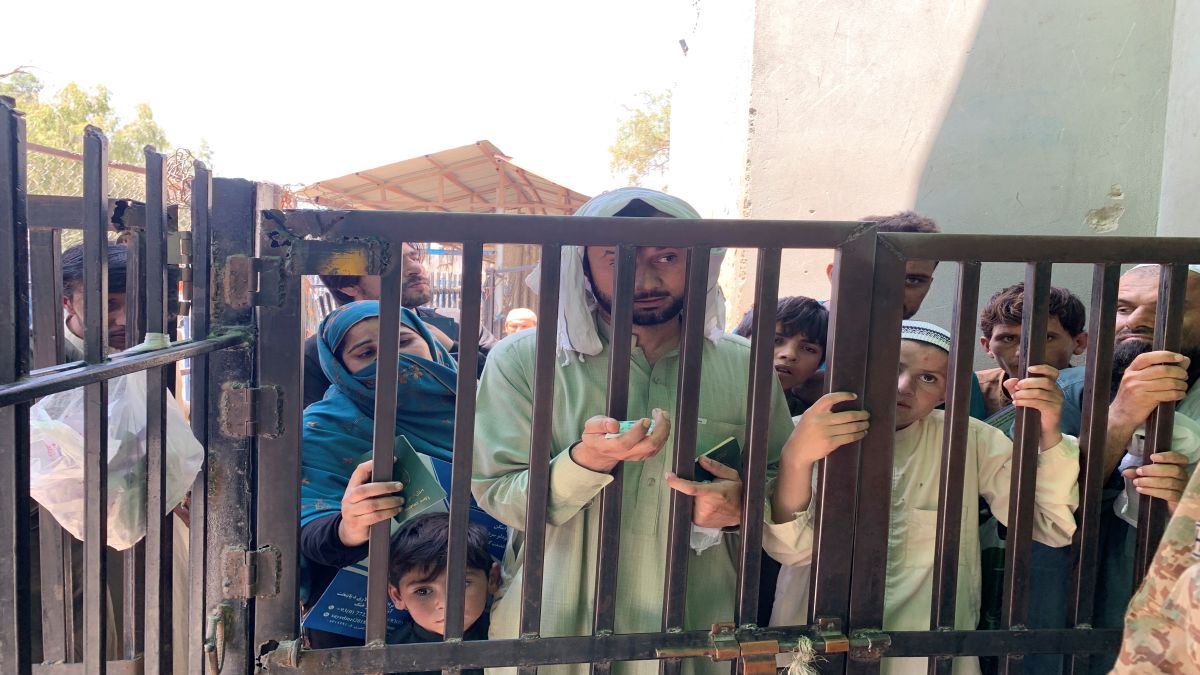Kabul’s embassy in Islamabad on Wednesday (February 19) alleged that Afghan refugees in Pakistan are facing arrests and harassment as part of a mass expulsion campaign.
The statement comes after the United Nations (UN) refugee agency reported that hundreds of Afghans had been expelled from Islamabad and Rawalpindi.
Pakistan is undertaking a large-scale repatriation effort targeting the roughly four million Afghans who fled to the country over the past four decades of conflict, including after the Taliban’s return to power in 2021.
The Afghan embassy said its nationals have been subjected to arrests, searches, and police orders to leave Islamabad and Rawalpindi for other parts of Pakistan.
“This process of detaining Afghans, which began without any formal announcement, has not been officially communicated to the Embassy of Afghanistan,” the embassy said in a statement.
Pakistan’s foreign office denied allegations of harassment, describing the deportations as part of the Illegal Foreigners Repatriation Plan launched in 2023.
“We expect interim Afghan authorities to create conducive conditions in Afghanistan so that these returnees are fully integrated into Afghan society,” the foreign office said.
However, the Afghan embassy said Pakistani authorities had informed it of plans to deport all Afghan nationals in the near future, allowing only those with valid visas to stay in Islamabad and Rawalpindi.
“The embassy of Afghanistan in Islamabad has expressed serious concerns in meetings with Pakistani authorities and international organizations regarding the mass expulsion,” it said.
The UN Refugee Agency (UNHCR) said it has observed a rise in deportations from the twin cities since January 1.
Impact Shorts
More Shorts“This latest relocation directive has increased fears of imminent deportation among Afghans,” UNHCR said.
The deportations come as the U.S. State Department office responsible for overseeing the resettlement of Afghans in the United States has been directed to plan for closure by April, according to a U.S. official, an advocate, and two sources familiar with the matter.
The closure could prevent up to 200,000 Afghans, many stranded in Pakistan, from being resettled in the United States.
With inputs from agencies


)

)
)
)
)
)
)
)
)



